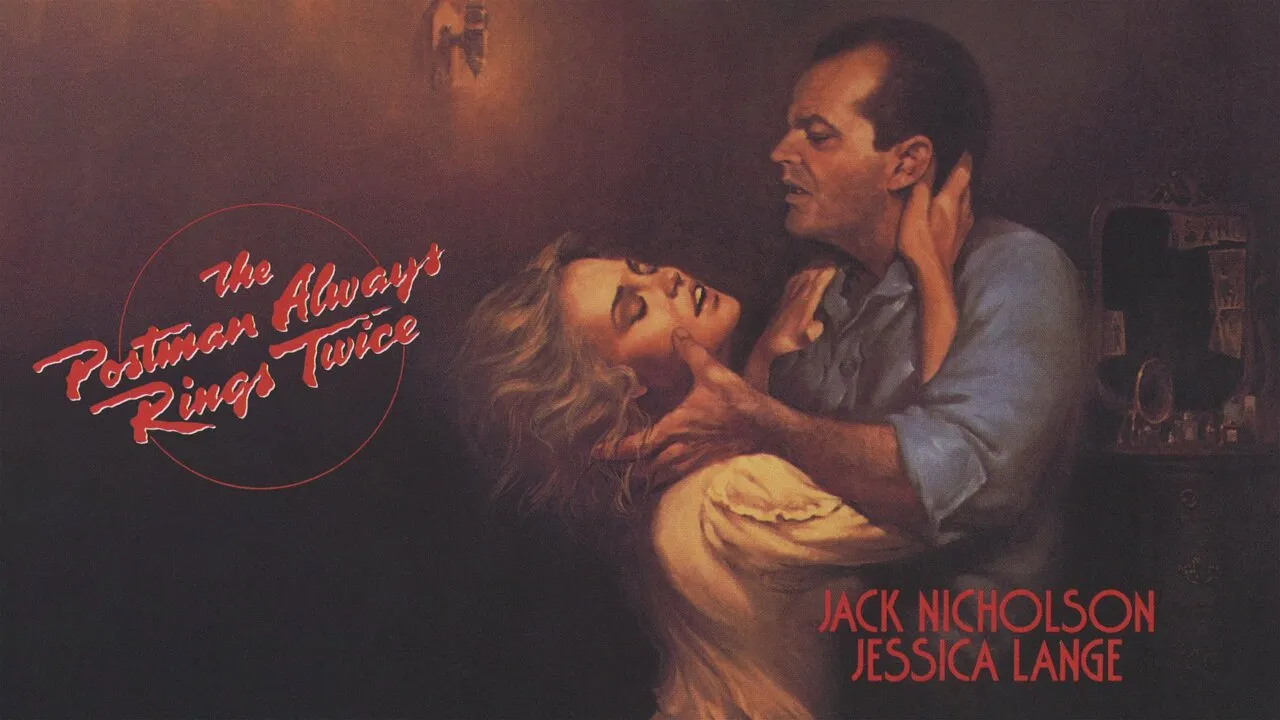Welcome Home is a psychological thriller directed by George Ratliff, starring Aaron Paul and Emily Ratajkowski as a troubled American couple, Bryan and Cassie, who rent a secluded villa in the Italian countryside. The vacation is meant to heal their fractured relationship after Cassie’s infidelity, but what begins as a romantic getaway quickly turns into a psychological nightmare.
Early into their stay, Cassie suffers an ankle injury and is assisted by a mysterious and charming local man named Federico. Though he appears helpful at first, Federico is hiding dark intentions. Unbeknownst to the couple, the villa is wired with hidden surveillance equipment, and Federico has been spying on them long before they arrived.
As Bryan grows increasingly suspicious, tensions between him and Cassie intensify. Federico skillfully manipulates their trust issues, exploiting their emotional vulnerability and further driving a wedge between them. Things escalate when Bryan, after a night of drinking, wakes up confused and violated—suggesting he was drugged by Federico. Meanwhile, Cassie continues to be drawn to Federico, unaware of his control over their environment.
The film builds slow-burning tension through voyeuristic imagery and interpersonal drama, ultimately culminating in violence. When the couple realizes the full extent of Federico’s manipulation, they are forced to fight for their survival. In the bloody climax, Cassie kills both Federico and his accomplice. However, the final twist reveals that their entire ordeal has been live-streamed to a shadowy audience, suggesting a larger network of surveillance and exploitation.

Visually, Welcome Home is impressive. The picturesque Italian setting is used to contrast beauty with underlying menace. The atmosphere is thick with unease, aided by subtle direction and sharp cinematography. Aaron Paul delivers a layered performance as a man unraveling under pressure, while Riccardo Scamarcio is disturbingly charismatic as Federico.
However, the film is not without flaws. The script is thin and at times predictable, leaning heavily on clichés of mistrust and voyeurism. Character development is limited, especially for Cassie, whose emotional arc feels underwritten. The pacing also drags in the middle, with tension dipping before the final act redeems the momentum.
In conclusion, Welcome Home offers a moody, stylish thriller with strong performances and an unsettling premise. Though it doesn’t break new ground in the genre, it provides a tense, watchable experience—particularly for viewers drawn to stories of manipulation, intimacy, and surveillance.

-1752036298-q80.webp)
-1752111659-q80.webp)
